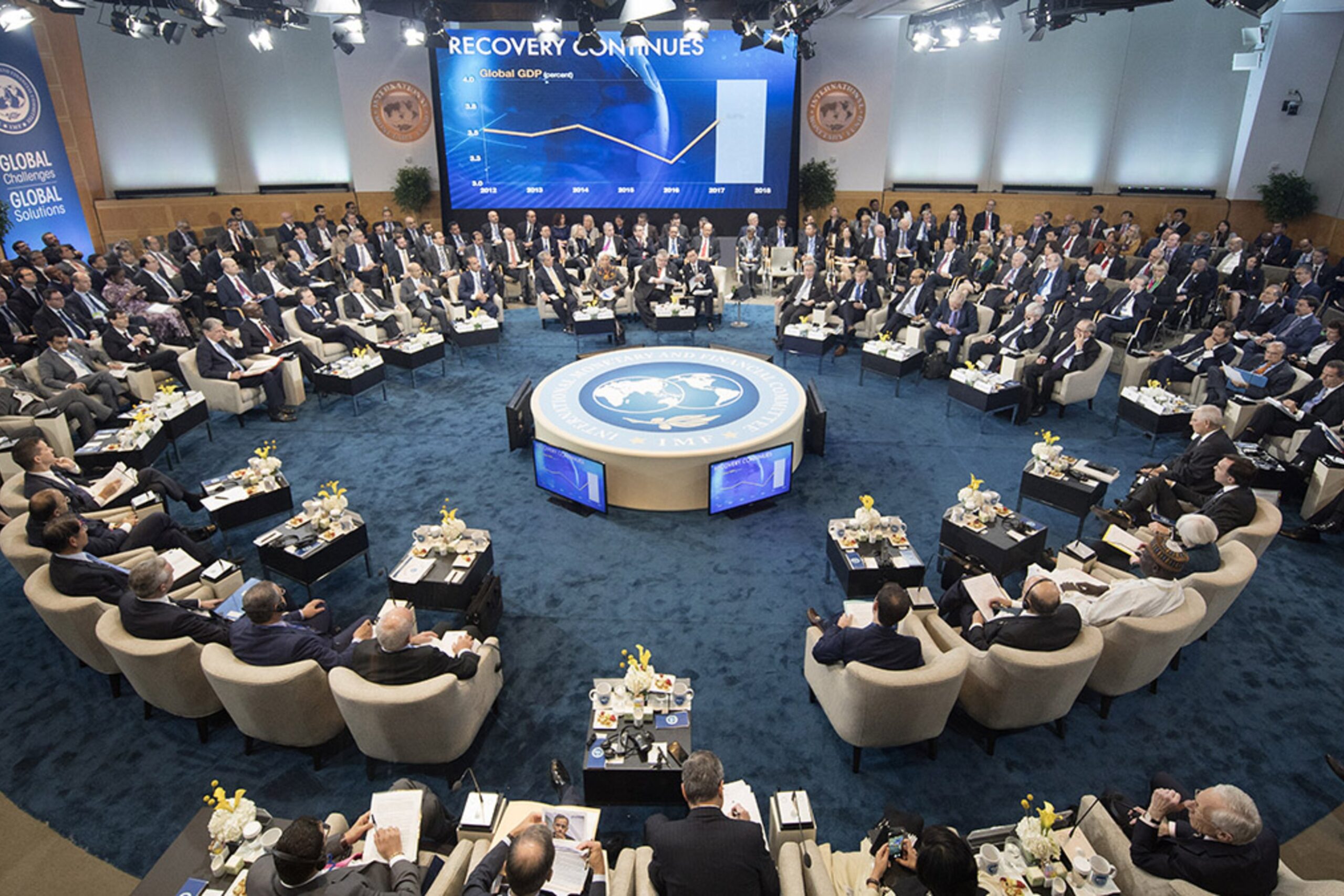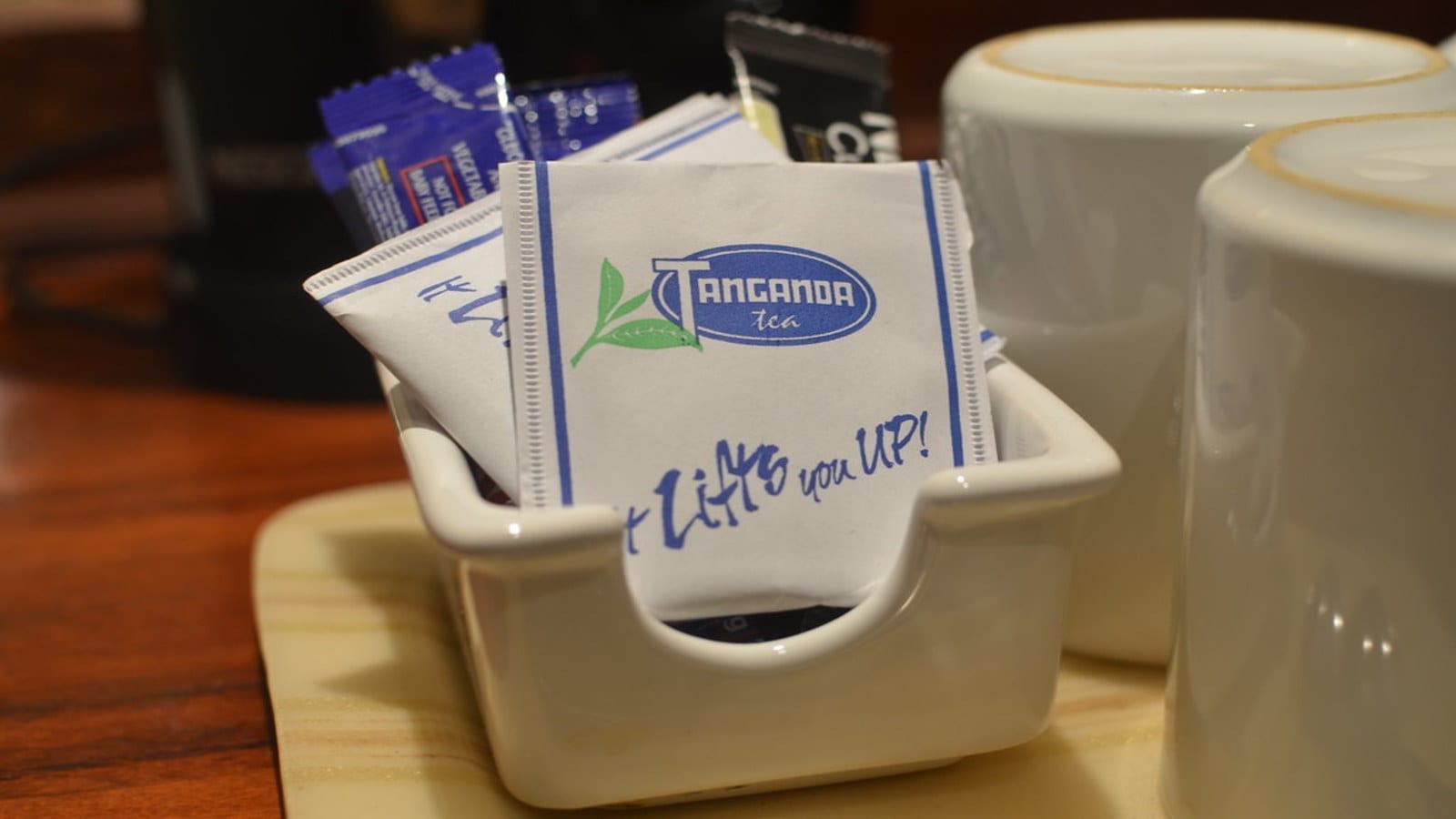Tea producers project growth . . . as sector recovers from Covid-19
The Zimbabwe Stock Exchange (ZSE) listed tea producers are expected to benefit from the anticipated growth going ahead as the sector recovers from the adverse impacts of the Covid -19 pandemic.
Average selling price is also on the increase.
The average export selling price firmed up slightly to US$1,42 per kg from US$1,39 per kg in the previous year.
During the past two years, the Covid-19 pandemic had a knock on effect on businesses across sectors, while the war in Ukraine also added to the challenges causing supply chain disruptions.
However, the tea market is expected to grow with demand firming across the globe. The market is currently experiencing recovery from the adverse impacts of the Covid -19 pandemic.
According to Statistica Research Department, the global tea market was valued at around US$207,1 billion in 2020, and is expected to rise to US$266,7 billion by 2025.
Tea is the second most-consumed beverage in the world, only behind water and there are many teas that can vary in taste and colour. Its uses are both recreational and medicinal.
The biggest producers and exporters of tea are China, India, Kenya and Sri Lanka accounting for around 75 percent of global output.
Now for local tea producers, Tanganda and Ariston, the two companies have already seen growth in export volumes for bulk teas. Both companies are also into macadamia nuts production.
While production costs are expected to remain high in the short to mid-term, Aristo chairman, Alexander Jongwe, opines that tea prices and volume offtake “will continue to improve.”
On the domestic market, financial year 2022 average selling prices for local tea sales improved by 12 percent in US dollar terms, whilst volumes declined by 16 percent when compared to the prior comparative period.
For Ariston, export tea sales volumes improved by 10 percent.
“(Thus) signaling a slight recovery in the tea market after the declines suffered with the onset of Covid-19 pandemic disruption,” said Jongwe, although the average export tea selling price declined by 1 percent when compared to the prior comparative period.
Its tea production volume during FY22 continued on an upward trajectory with a 15 percent increase to 3 158 tonnes from 2 748 tonnes in the prior comparative period.
Jongwe said improvements made through automation of certain production tasks released labour for harvesting resulting in improved production volumes.
Peers, Tanganda said bulk tea exports grew by 11 percent to 7 125 tonnes from the prior season’s 6 392 tonnes.
This was despite tea production volumes of 8 670 tonnes being 6 percent lower than prior year of 9 179 tonnes due to the dry weather patches experienced during the agricultural season.
Packed tea volumes into the regional market recorded a 57 growth at Tanganda to 343 tonnes in FY22 from 218 tonnes in the prior year. Overall packed tea sales volumes went down 9 percent compared to previous year as logistical delays arising from global supply chain disruptions resulted in a lower local packed tea order fulfilment percentage especially in the peak winter season.
But this has since improved significantly with the company introducing new products on the market.
“During the fourth quarter, the company introduced Makoni, Resurrection and Rosella herbal infusions onto the market in response to customer preferences,” said Tanganda chairman Herbert Nkala.-ebusinessweekly









